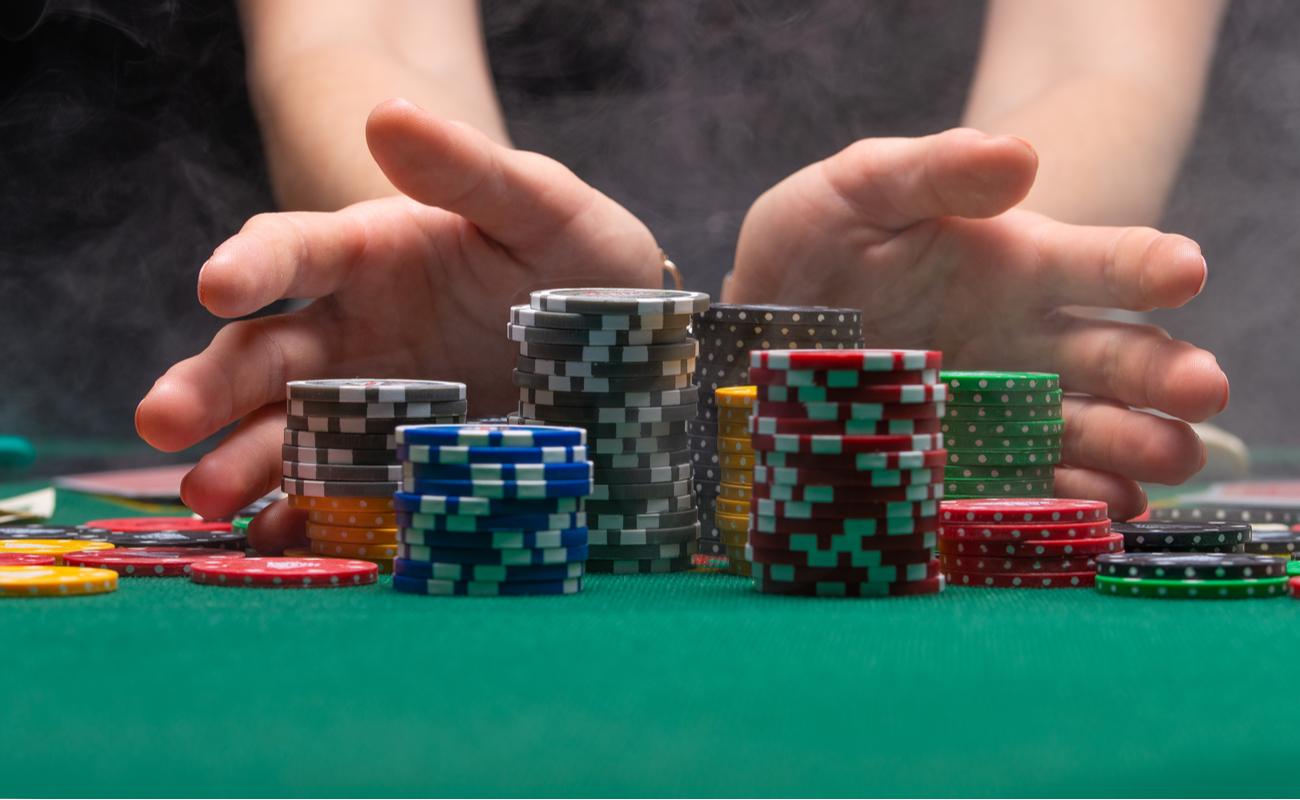The Psychology of Luck: How Beliefs Affect Your Casino Experience
Casinos have always captivated minds, offering a t

Casinos have always captivated minds, offering a tantalizing mix of chance, strategy, and hope. Central to this allure is the concept of 'luck.' For some, it’s a mystical force guiding outcomes, while for others, it's merely statistical probabilities at play. By delving into the psychology of luck, we can unravel how beliefs mold our experiences, especially within the mesmerizing ambiance of a casino.
Defining 'Luck': More Than Just Chance?
Historically, societies worldwide have associated specific objects, rituals, and numbers with good fortune. From horseshoes in Western cultures to the number eight in Chinese traditions, symbols of luck permeate our global psyche. But why do humans lean so heavily on these beliefs? At its core, luck offers solace against life's inherent unpredictability.
Cognitive Biases and Luck
By 1950, psychologists began to realize that humans are not always rational thinkers. Cognitive biases, systematic patterns of deviation from logic, often cloud our judgment. In the realm of gambling:
- The Gambler's Fallacy: After experiencing a repeated outcome, many believe the opposite result is due. For instance, after several losses, a win must be imminent.
- Confirmation Bias: Gamblers remember instances when their lucky charm "worked" but conveniently forget times it didn’t.
Such biases significantly influence behavior at the casino tables.
Superstitions: The Rituals Behind The Roll
Many gamblers perform specific rituals, convinced they sway outcomes. From blowing on dice before a crucial throw to not counting money during a poker game, these actions thrive in gambling settings. Although scientifically unproven, rituals can boost confidence, and in a setting like an online casino, confidence can significantly shape decision-making.
Positive Illusions and Optimism Bias
Humans inherently possess an optimism bias, where we believe positive events are more likely to happen to us than negative ones. When it comes to casinos, this translates to overestimating chances of winning. This bias, while it can lead to irrational behavior, also makes the gambling experience thrilling, filled with hopeful anticipation.
Self-efficacy in Gaming Strategy
Self-efficacy, the belief in one's ability to achieve, greatly influences a gambler's approach. Players confident in their strategies may tackle games methodically, assessing risks and calculating moves. This psychological trait can be particularly evident in games requiring skill, like poker or blackjack.
Luck as a Psychological Safety Net
For many, luck acts as a protective shield against the uncontrollable aspects of life. In a casino, attributing losses to bad luck rather than personal failure can soften the blow. It externalizes the reason for loss, making it easier to cope and bounce back.
The Digital Age: Luck in Online Casinos
The rise of online gambling platforms has slightly altered the perception of luck. In digital environments, players might rely more on algorithms and less on physical rituals. Yet, the core essence of luck remains intact. As players engage with various games in an online casino, the age-old beliefs and biases continue to shape their experience.
Concluding Thoughts: Embracing Luck, Sensibly
Understanding the psychology of luck provides invaluable insights into human behavior, both inside and outside the casino realm. While it's essential to embrace the excitement and hopeful anticipation that luck brings, players must remember that gambling, at its core, is a form of entertainment. Striking a balance between enjoying the thrill and maintaining a rational perspective ensures that the casino experience remains both fun and responsible.







